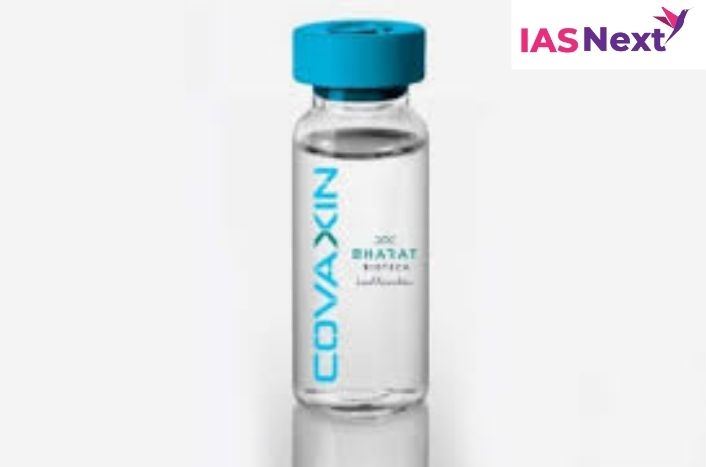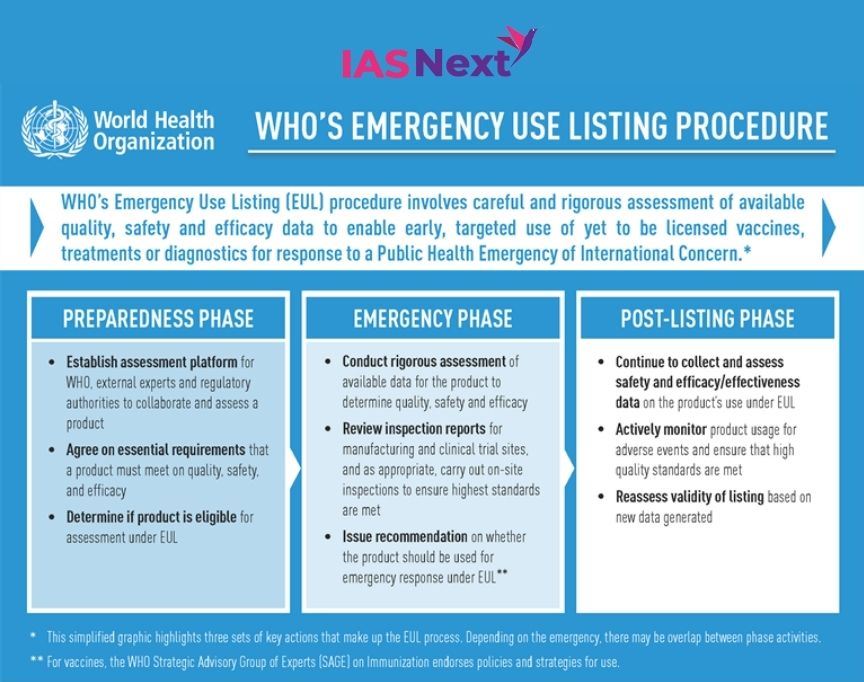CURRENT AFFAIRS
Get the most updated and recent current affair content on Padhaikaro.com
Why Covaxin is yet to win WHO’s emergency approval?
- IAS NEXT, Lucknow
- 23, Oct 2021

The World Health Organization’s (WHO’s) approval for WHO pre-qualification, or Emergency Use Listing (EUL) for Bharat Biotech International Ltd’s covid-19 vaccine is moving according to procedure and the Indian government’s haste in pushing through the process is only adding to speculation about the alleged delay.
What’s the issue?
The delay in India’s indigenous vaccine getting emergency use authorisation is because WHO has raised some more questions on Covaxin and the queries have been sent to Bharat Biotech for further clarification.
- As per the World Health Organisation, it is waiting for an additional piece of information from the Hyderabad-based biotechnology company before it evaluates the vaccine.
Why WHO’s approval is necessary?
If Bharat Biotech’s Covaxin gets the approval, those inoculated with the vaccine can travel to countries that permit entry of fully vaccinated people. The company can also export it to countries that use vaccines approved by WHO.
About WHO’s Emergency Use List (EUL):
The WHO Emergency Use Listing Procedure (EUL) is a risk-based procedure for assessing and listing unlicensed vaccines, therapeutics and in vitro diagnostics with the ultimate aim of expediting the availability of these products to people affected by a public health emergency.
To be eligible, the following criteria must be met:
- The disease for which the product is intended is serious or immediately life threatening, has the potential of causing an outbreak, epidemic or pandemic and it is reasonable to consider the product for an EUL assessment, e.g., there are no licensed products for the indication or for a critical subpopulation (e.g., children).
- Existing products have not been successful in eradicating the disease or preventing outbreaks (in the case of vaccines and medicines).
- The product is manufactured in compliance with current Good Manufacturing Practices (GMP) in the case of medicines and vaccines and under a functional Quality Management System (QMS) in the case of IVDs.
- The applicant undertakes to complete the development of the product (validation and verification of the product in the case of IVDs) and apply for WHO prequalification once the product is licensed.
